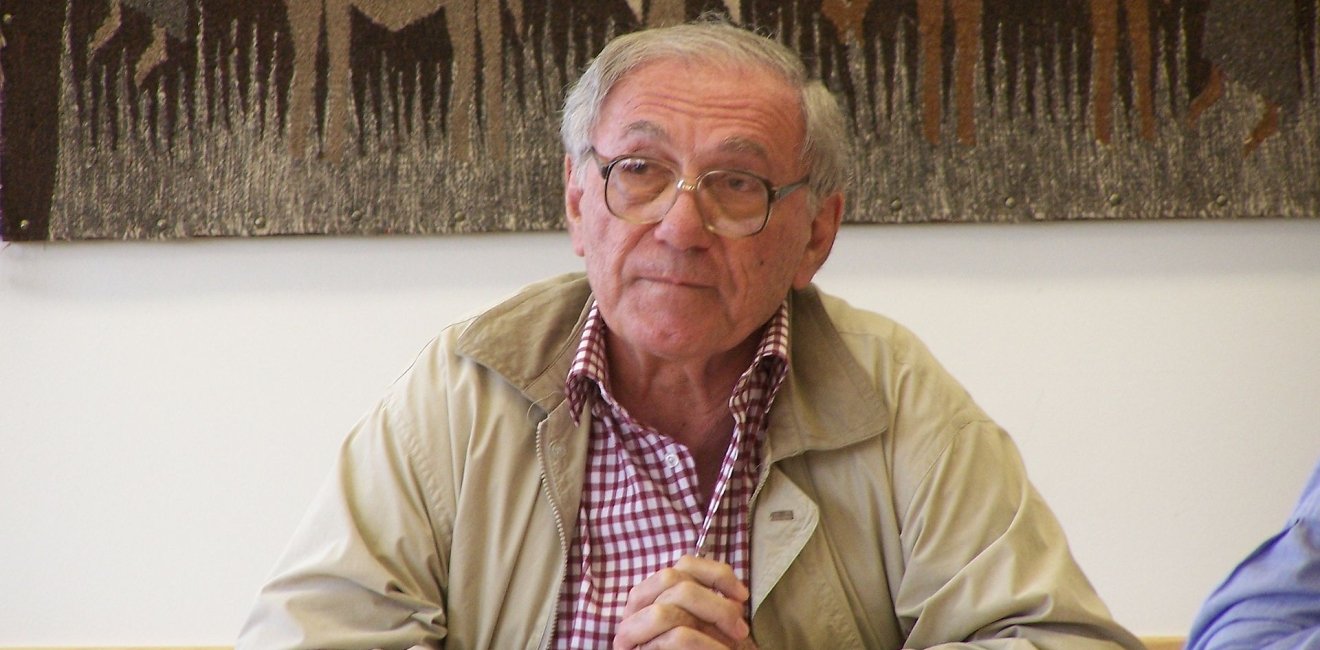It is with a heavy heart that the Wilson Center announces that Sadiq Jalal al-Azm, a Fellow at the Center from 1992-1993, passed away in Berlin on Sunday, Dec. 11th. Apart from being one of the most celebrated public intellectuals the Center has ever hosted, he was also a dear friend to those who knew him.
Sadiq was a native of Damascus and a graduate of Yale, where he received his PhD in Modern European Philosophy. As an author, academic, and political activist, he was never afraid of controversy, and was jailed numerous times throughout his career.
He taught for many years at the University of Damascus, and when his views on the ways Arab leaders used religion to obscure their corrupt and incompetent rule put him in prison, he moved to teach and lecture in the West. He was a visiting professor at Princeton for a decade and also taught in the Netherlands, Lebanon, and Germany.
His notable works included Self-Criticism After the Defeat (1968) and Critique of Religious Thought (1969). While at the Wilson Center, he worked on a paper titled: "Islamic Fundamentalism Reconsidered: A Critical Outline of Problems, Ideas and Approaches." At the time, al-Azm was an active participant in the dialogue surrounding free speech following the publication of Salman Rushdie's controversial work, The Satanic Verses. Al-Azm came out in vigorous defense of Rushdie, making many enemies, as well as many fans. For his promotion of human rights and intellectual freedom he received the Erasmus Prize, the Goethe Medal, and a number of honorary degrees.
The Wilson Center was lucky to have a thinker like Dr. al-Azm, and we mourn his loss not only for the Center but for the world.





